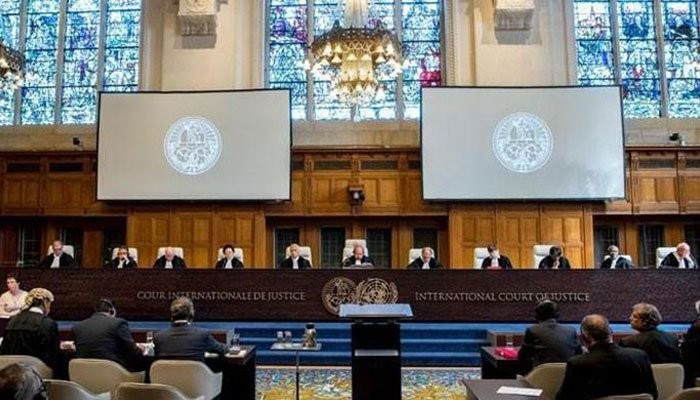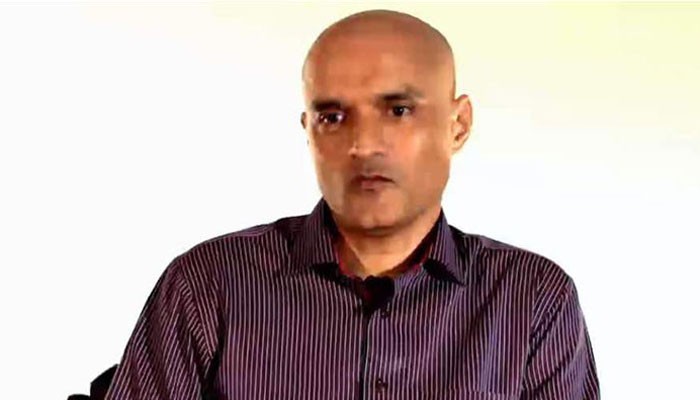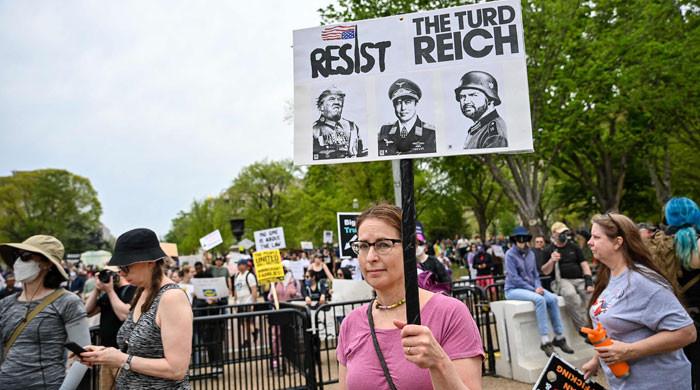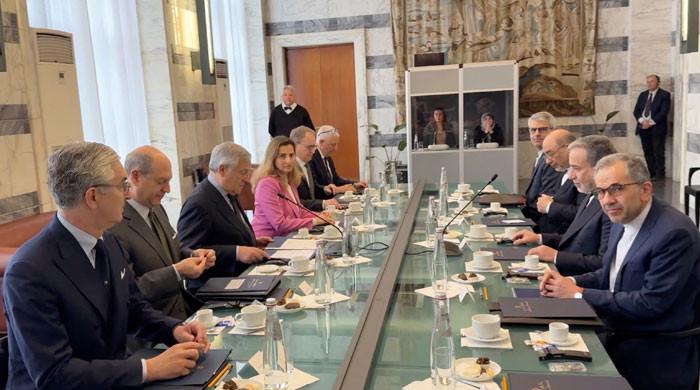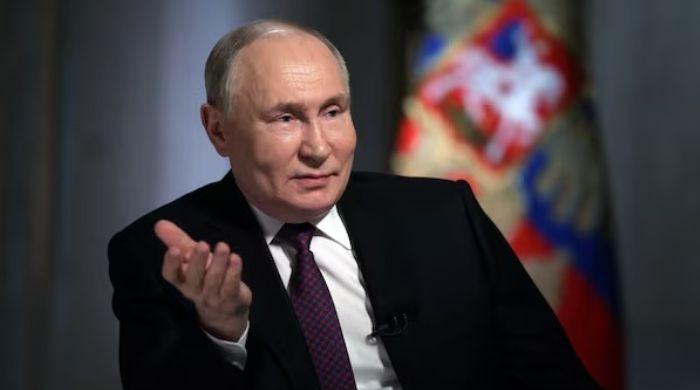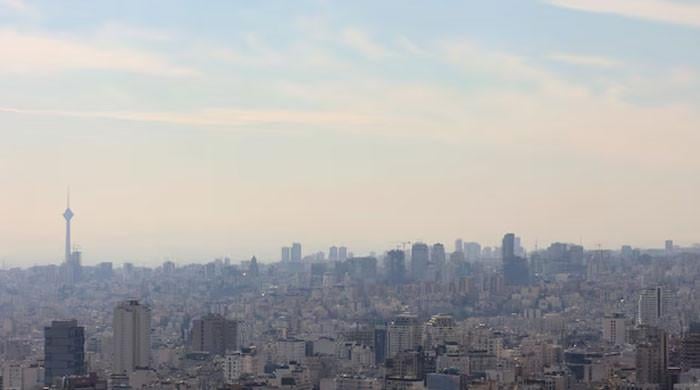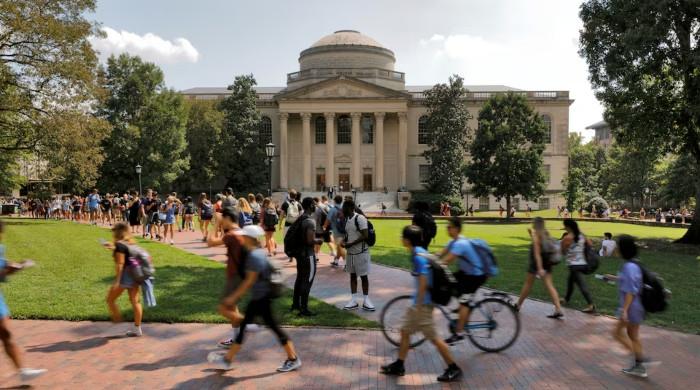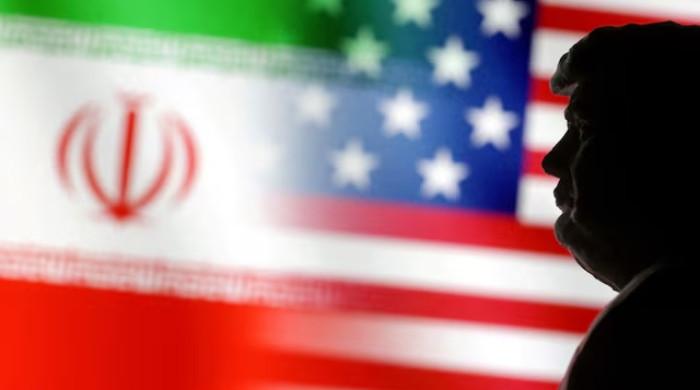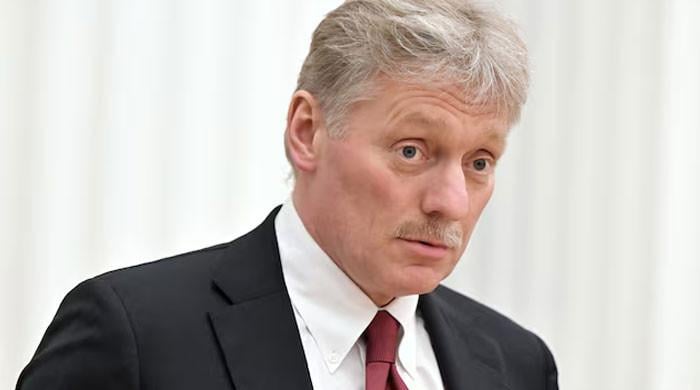Indian judge re-elected to ICJ after UK withdraws candidate
This is the first time since ICJ was established in 1945 that there is no British judge at the world court
November 21, 2017
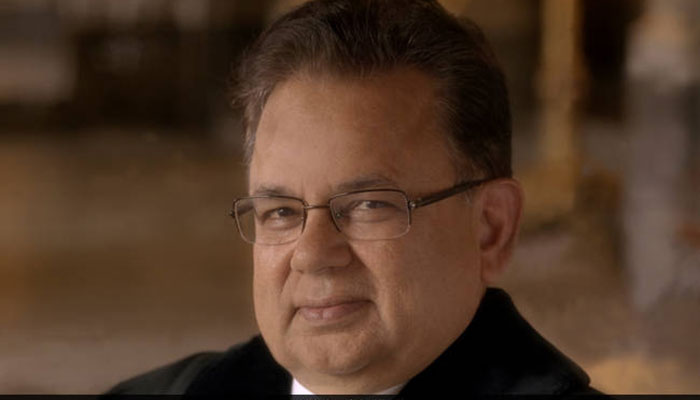
NEW YORK: An unprecedented stalemate at the United Nations over the election of the last judge at the International Court of Justice is finally over as Britain pulled out its candidate, Sir Christopher Greenwood, paving the way for India's Dalveer Bhandari to retain his seat at The Hague.
This will be the first time since the ICJ was established in 1945 that there will be no judge from the UK at the global court.
The total number of judges at the international court is 15, and a third is up for re-election after every three years.
Current ICJ President Ronny Abraham (France), Nawaf Salam (Lebanon), Abdulqawi Ahmed Yousaf (Somalia) and Antonio Augusto (Brazil) were elected to the ICJ after obtaining the required majority in the UN General Assembly (UNGA) and Security Council (UNSC).
A majority of 97 votes in the UNGA General and eight in the UNSC are needed to be elected to the court.
Greenwood had support in the UNSC and Bhandari in the UNGA, which is why a winner could not be selected despite 11 rounds of voting.
The stalemate had led to a bitter diplomatic turn after reports that Britain was attempting to undermine the vote of the UNGA, the more representative body, by opting for the uncommon 'joint mechanism' of voting.
Pulling out its candidate, the British envoy to the UN said, "It is wrong to continue to take up the valuable time of the Security Council and the UN General Assembly with further rounds of election."
Impact on Kulbhushan Jadhav case
The re-election of India's judge to the ICJ is significant for Pakistan in light of Indian spy Kulbhushan Jadhav's case.
The spy's execution by Pakistan was stayed by the court in May this year.
Later, in September, India submitted its pleadings in the ICJ and Pakistan will submit its response next month.
The next hearing of the Jadhav case is expected after February 8 next year when the newly-elected judges are sworn-in.
